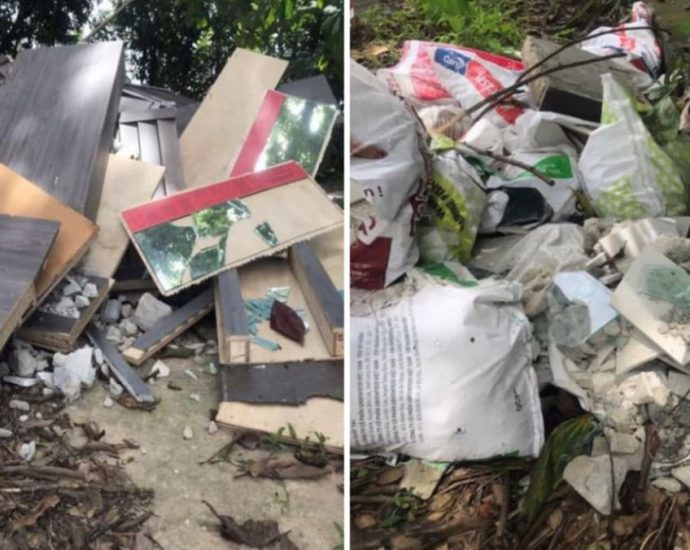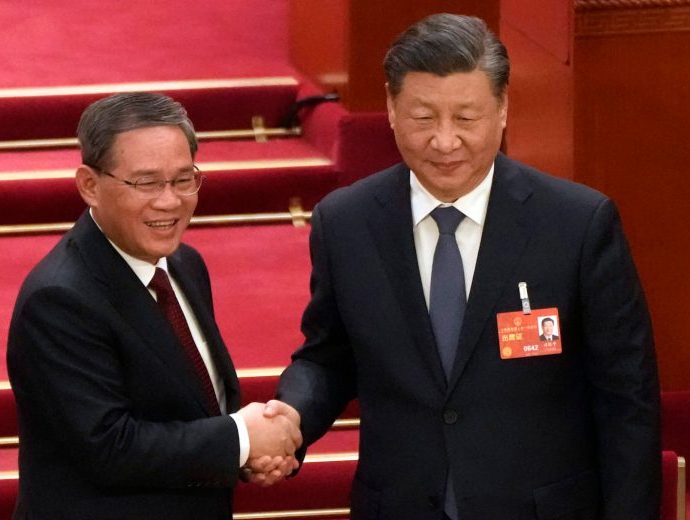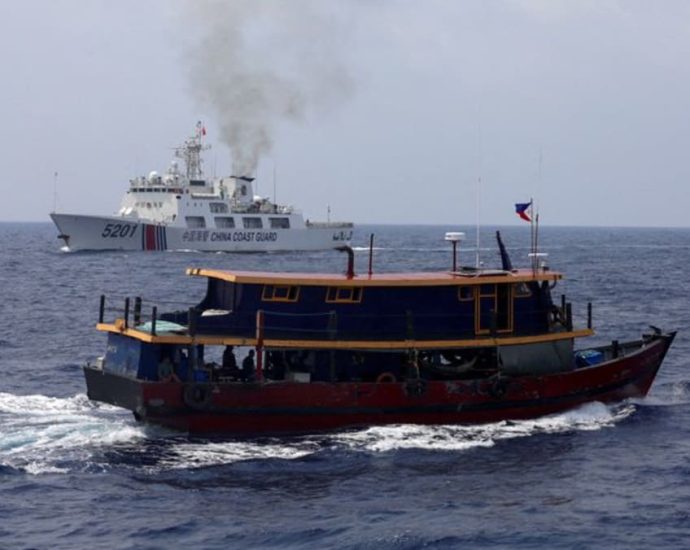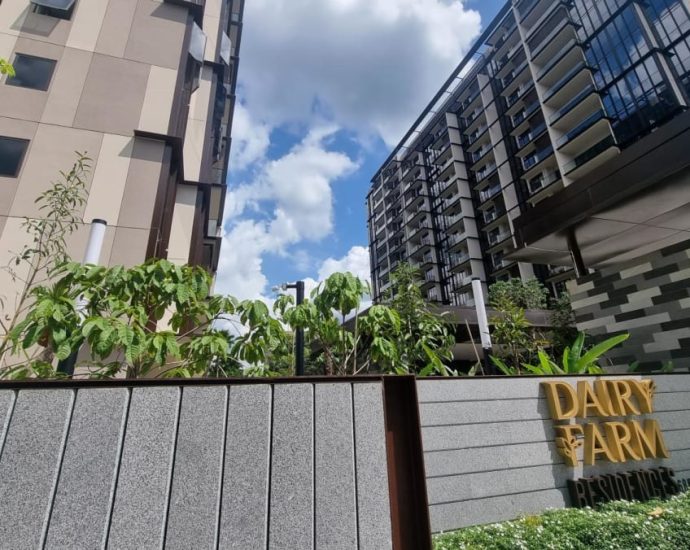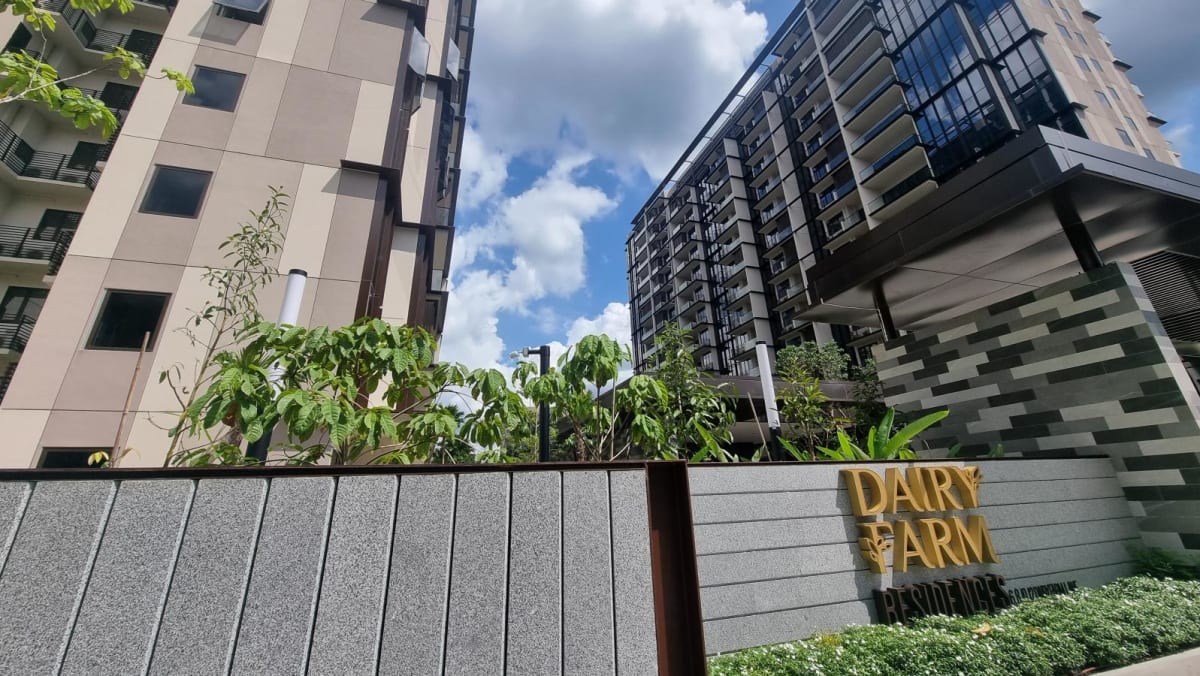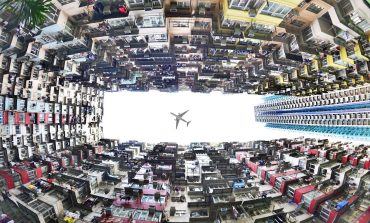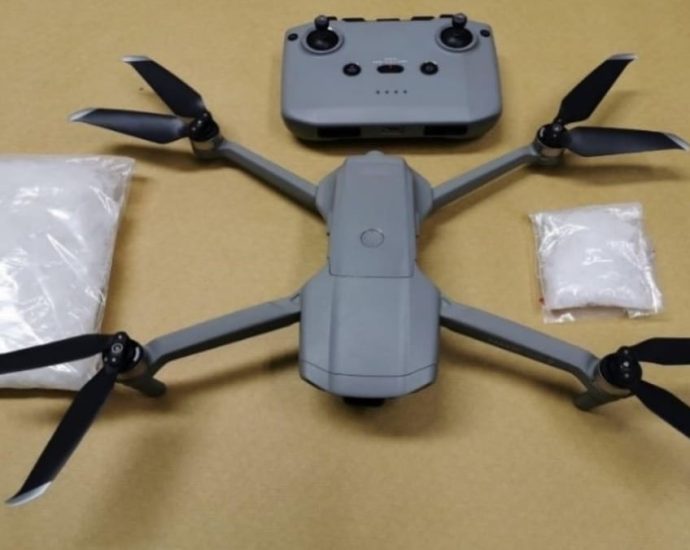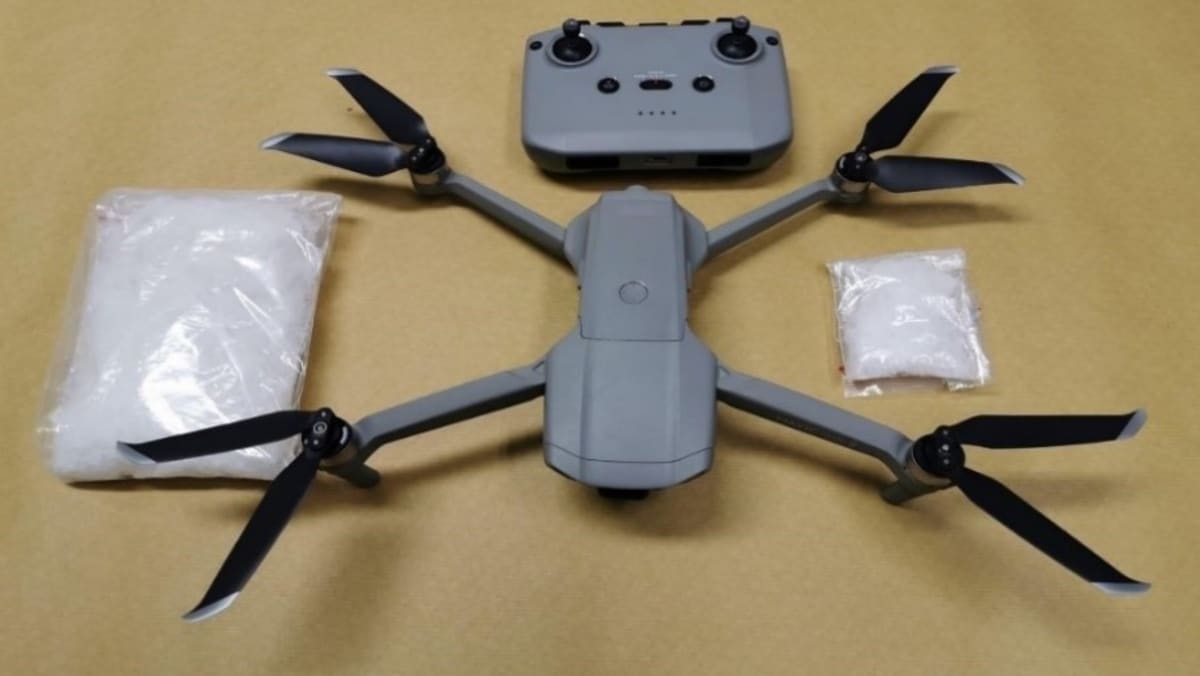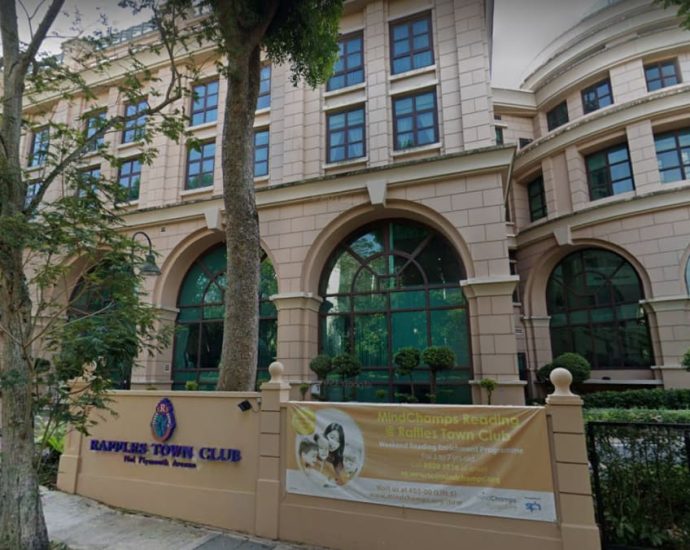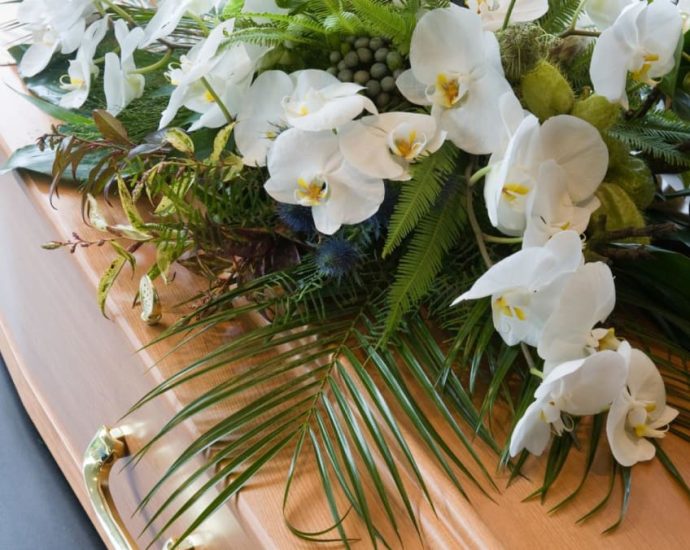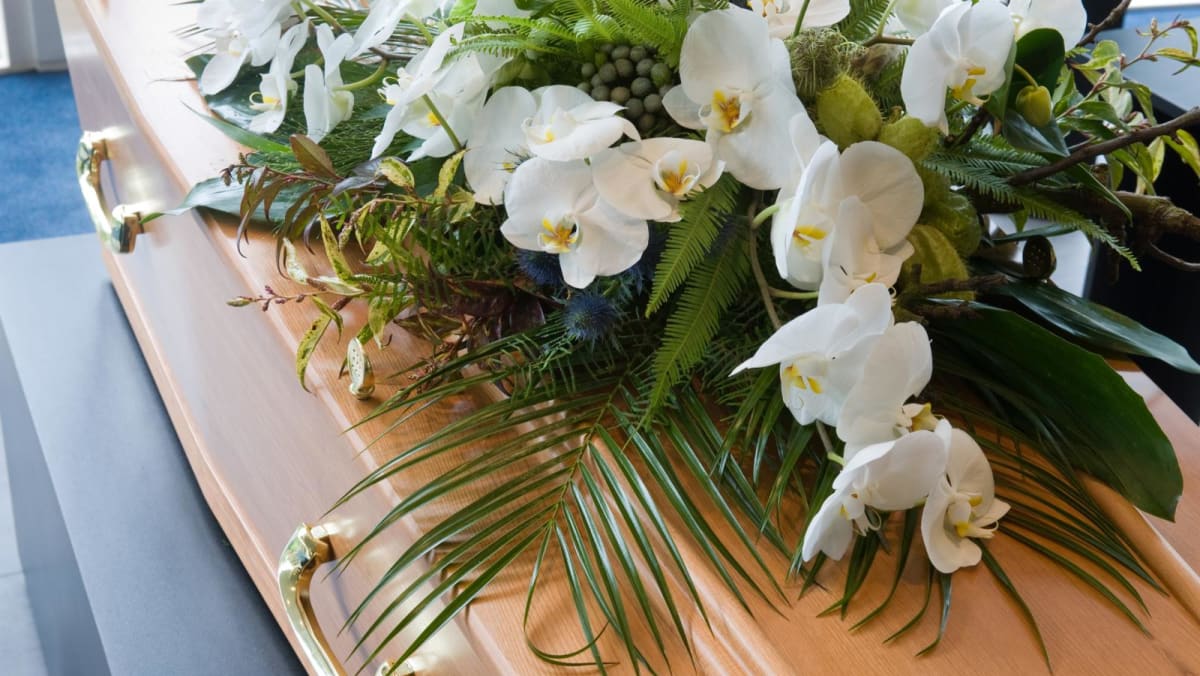Reptiles gone wild: green iguana imports banned
PUBLISHED : 20 Nov 2023 at 16:36

The Ministry of Natural Resources and Environment has announced a ban on the importation of green iguanas for fear their surging population would damage the environment and ecosystem.
Athapol Charoenchansa, acting director-general of the Department of National Parks, Wildlife and Plant Conservation, said the ban followed reports that large number of green iguanas were sighted in natural habitats and public areas in Lop Buri province and elsewhere. The reptiles were reported to have eaten and damaged agricultural produce belonging to local residents.
The population of green iguanas has rapidly increased, he said, affecting the environment and ecosystem. The iguanas found were of non-native species not indigenous to Thailand. It is not clear why they were found in the natural habitats, he added.
Mr Athapol said the ministerial announcement prohibits the importation of all kinds of iguanas in the Iguanidae family, which are protected under the Convention on International Trade in Endangered Species.
The ban is intended as a measure to control the population of the reptiles and takes effect until further notice, he added.
Mr Athapol said so far 244 individuals have reported to the department they have in possession 3,419 iguanas in total – 982 of them in Chon Buri province.
He said a survey by the department to find the actual population of iguanas is ongoing. If the population of green iguanas can be controlled, imports of the reptiles may be allowed to resume, he added.


